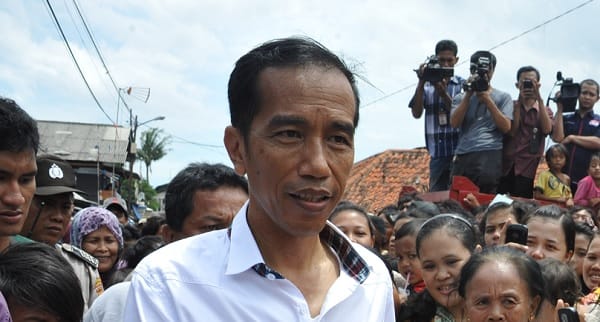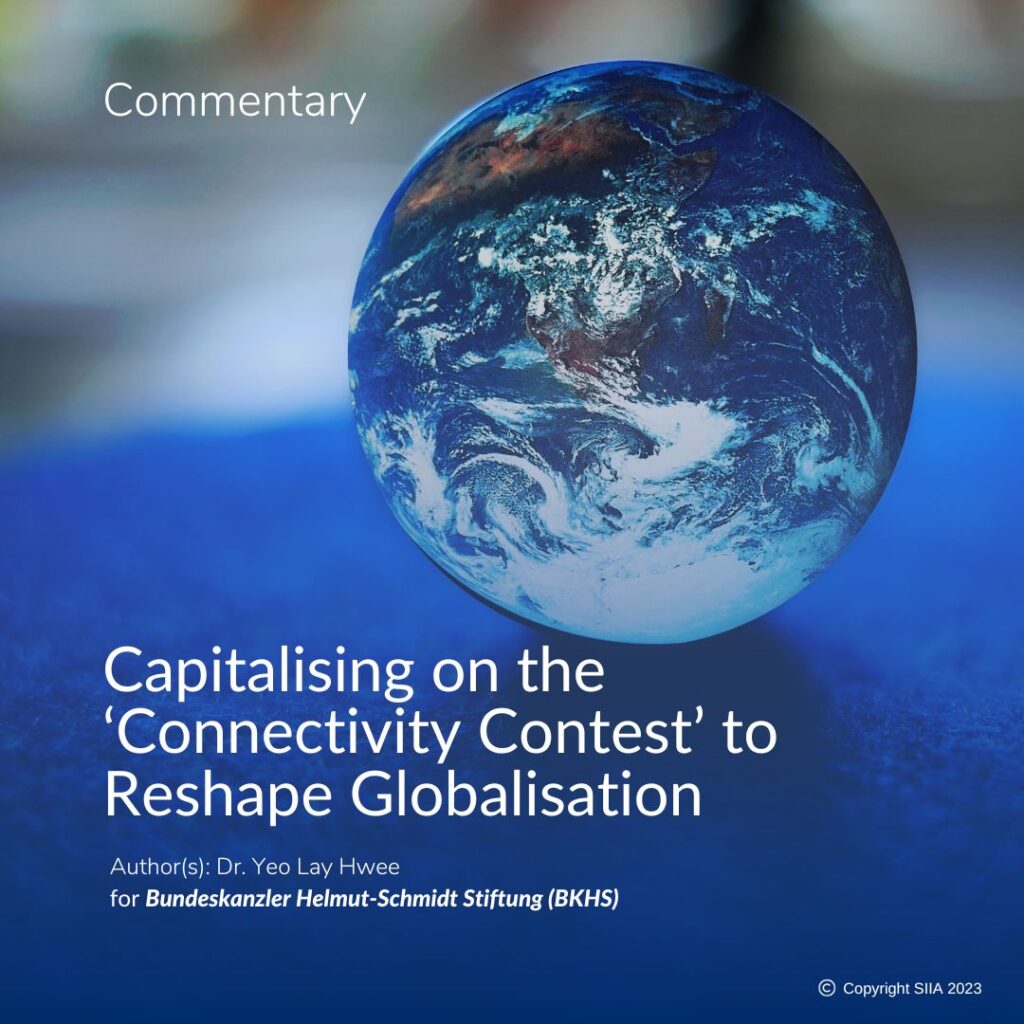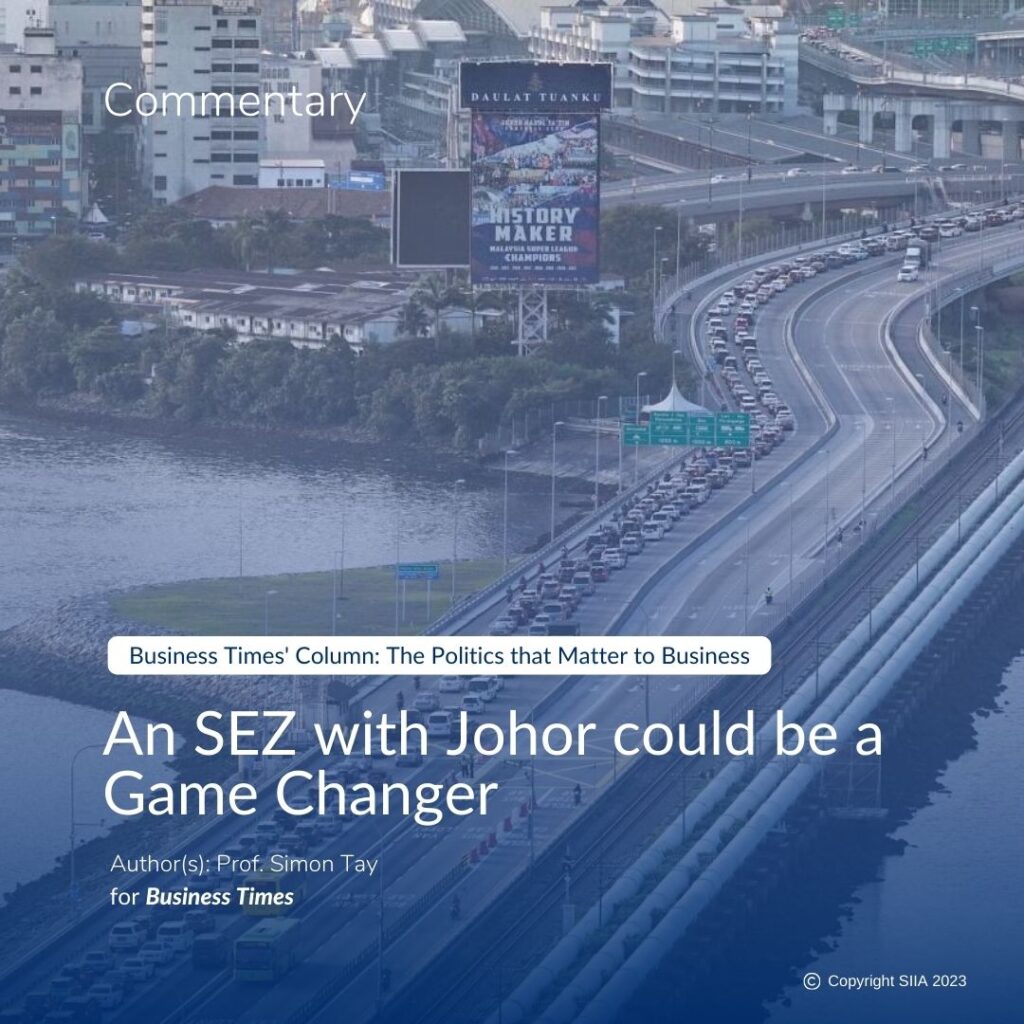When expectations are raised, there is often a rush to judgment and a resulting disappointment. That was always the risk with Indonesia’s President Joko Widodo, popularly known as Jokowi, whose election victory was hailed as a landmark moment and a break from the old elite leadership.
With the President barely 100 days in office, many are reassessing whether Mr Widodo, while still popular, really has the clout and capacity to decisively set the direction for the country.
Attention is especially given to the announcement of General Budi Gunawan as the sole candidate for police chief. Currently under investigation for corruption, many see his candidacy as eroding Mr Widodo’s pledge for a clean government. Analysts also see this as Ms Megawati Sukarnoputri rewarding her former aide and exerting her power behind the “throne” as leader of Mr Widodo’s political party, the Indonesian Democratic Party — Struggle (PDI-P).
The saga has developed into a tit-for-tat between Indonesia’s Corruption Eradication Commission (KPK) and the police, or POLRI. Last week, KPK deputy chairman Bambang Widjojanto was arrested and held for questioning by the police.
Mr Widodo then made a statement appealing for an amicable resolution of the issues between the two agencies. Mr Bambang tendered his resignation on Monday.
This incident painfully and publicly shows the split among government agencies, and markets have reacted negatively, with a softer rupiah and generally lower stock market prices.
Such concerns are valid. The Widodo presidency has promised a broad agenda for change. However, within the ranks of the ruling coalition and in Parliament, the President does not hold all the cards. But it is too early and alarmist to judge that the Widodo Cabinet will falter.
Credit must be given to Mr Widodo for quickly and decisively scrapping the populist but improvident fuel subsidies on Jan 1, against the challenges of former President Susilo Bambang Yudhoyono’s approved annual Budget. He also showed a hands-on presence in dealing with the tragic AirAsia crash. The President, a former furniture salesman from outside Jakarta’s political elites, has done enough to convey a new energy and decisiveness in government.
He not only remains popular, but has also burnished his leadership credentials among the public. Foreign ships engaged in illegal fishing and dogged enforcement of the death sentence on foreign drug traffickers have been opportunities to illustrate that this new leadership will stand up to other countries.
STILL EARLY DAYS
Other initiatives will take time to evolve and evaluate. One is the concept of a Global Maritime Axis, Mr Widodo’s vision to turn Indonesia into a maritime power, first expounded in his election manifesto. It has captured public fancy with powerful imagery of archipelagic greatness, harking back to glorious empires of the past. To back this up, the Widodo administration will need to address Indonesia’s long-held maritime vulnerabilities and build up its naval presence.
This is a considerable change from the preceding 10 years when the navy’s capabilities were reined in by tight budgets and a policy to maintain only the “minimum essential force”. Hardware shopping began in May and has already gained momentum this year.
Looking ahead, the Indonesia that is emerging will no longer be docile or passive on maritime issues. It is taking on a clearly defined maritime posture in foreign policy and will increasingly protest against external threat perceptions. Therefore, expect a new strategic dialogue to evolve between Indonesia and co-claimants of the South China Sea, especially China, with its claims overlapping on Indonesia’s exclusive economic zone around the Natuna Islands.
On the economy, better infrastructure and more foreign investment were also promised in Mr Widodo’s campaign and moves are expected to be made.
Thus far, measures remain resolutely in place to steer foreign investments towards nationalistic goals. Multinational companies attracted to the large and still growing economy will face demands that they take on considerable local partnership, and increase the local value-addition, above and beyond what market forces would normally bear.
The promise to create jobs for Indonesians is a critical part of the Widodo pledge to close the gaps between rich and poor. But the lack of higher-level production knowledge and skills in Indonesia will remain obstacles to industrial development. On this front, the first 100 days cannot tell us very much about how well the Widodo government will do.
There is a clear understanding that four critical areas must be addressed if the President and Indonesia are to be successful: Corruption eradication; job creation; infrastructure building; and the reduction of the socioeconomic divide.
It is also clear that while he won the presidential election, rivalry and contestation for power remains keen. Those who defended the elite status quo lost the battle for the presidency, but they remain committed to a battle, if their vital interests are threatened.
What we have seen in these first 100 days is by no means a dismal record, and the sense is that the administration is earnestly attempting to stay on track with its key initiatives, while they fire-fight various controversies, or (naturally) reach for the lowest hanging fruits first.
In this context, compromises and political bargaining are inevitable and need not be perceived as permanent setbacks.
Rather, in Indonesia’s complex political milieu, these may be the necessary half step backwards before the Widodo government gets into full stride forward.
ABOUT THE AUTHORS:
Simon Tay and Jennifer Quick are respectively Chairman and Deputy Director at the Singapore Institute of International Affairs. This article was originally published in TODAY on 28 Jan 2015. It was further published in The Nation Online on 4 Feb 2015, and in The Nation print on 5 Feb 2015.




